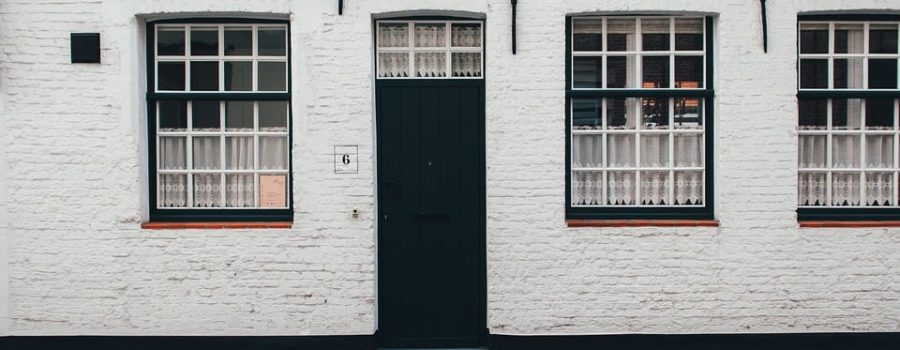I was having a chat the other evening with the sales manager of a new housing development in our village.
Cranleigh is getting its fair share of new houses at the moment, with more than 1,000 units already approved by the planners.
It means a sizeable increase in the local population, along with some hefty infrastructure contributions which should (hopefully) mitigate much of the impact of more people living here.
It also means our local property market has a lot of new homes available to buy.
Asking how things were going with this new development, I wasn’t surprised to hear that sales were looking good; find me a bearish estate agent and I would have to question whether they were really an estate agent!
Downsizers are apparently the dominant buying force, especially local downsizers who are able to sell-up their country piles, move into a high specification brand new property, and bank a lot of cash in the process.
With my own family itching for a little more space, I asked how much a four bedroom house might set us back. With prices starting at £1 million, that conversation came to an abrupt end; it’s back to the drawing board in our search for an affordable extra bedroom.
Dwindling market confidence
Despite this new housing estate performing well, confidence levels in the property market nationally seem to be dwindling.
According to the latest Halifax Housing Market Confidence Tracker, confidence in UK house prices has fallen to its lowest level since December 2012.
The survey, which tracks House Price Optimism – consumer sentiment on whether house prices will be higher or lower in a year’s time – has dropped 14 points from April 2017 to October, matching the record fall seen following the EU referendum result.
The index has also fallen by 38 points since the peak of +68 in May 2015 around the time of the General Election.
Half of those surveyed now expect house prices to rise over the next year, the lowest level since April 2013, when it stood at 45%.
One in five think house prices will fall, the highest point since October 2012 when this sentiment stood at the same level.
Interest rate rise
I’ve no doubt one reason for this sentiment about future house prices is the threat of rising interest rates.
Commentators are saying with growing confidence that rates are scheduled to rise when the Bank of England votes at the start of November.
Personally, I don’t think a rate rise is a done deal just yet; price inflation was always projected to peak around now and is being driven higher by rising import costs, so a rate rise could have the unintended consequence of doing very real damage to the British economy.
Halifax found that despite expectations of an interest rate rise, an increase is not perceived as the main barrier for people in general to buy a house. Instead, the ability to raise a deposit and job security remain the main barriers.
When asking existing mortgage borrowers about their concern in rising interest rates affecting their ability to meet their repayments, only a third show concern. This has decreased by six percentage points, down from 42% in 2014.
Russell Galley, Managing Director, Halifax Community Bank, said:
“Housing market optimism has declined significantly over the past year, with almost half of people expecting a general slowdown in the market.
“Even with a potential base rate increase on the horizon, it’s significant that buyers’ concerns continue to be centred on raising deposits and job security and, as such, we do not anticipate that an increase in Base Rate will have a significant effect on the demand for properties.”
Economic consequences
Housing market sentiment matters because it tends to feed into wider economic sentiment and could indicate tougher times ahead.
When we are positive about future house prices, we tend to feel wealthier and be prepared to spend more on the High Street.
If we believe house prices are due to fall, and interest rates are going up resulting in higher monthly mortgage payments, we pull up the drawbridge, stop spending and divert that spare cash to savings accounts or debt repayment instead.
Halifax found the drop off in confidence has coincided with growing concerns around the health of Britain’s wider economy.
The Economic Optimism Index, a separate survey by Ipsos MORI, continues to deteriorate, with the balance of people who believe that Britain’s general economic conditions will improve over the next 12 months down at -31, its lowest level since January 2012.
It’s worth keeping in mind that economic performance and investment market performance are not perfectly correlated.
Investors can experience positive market returns in a time of economic downturn or even prolonged recession.
Over the longer term, a growing economy tends to support higher investment asset valuations. In the short or even medium-term, the two can move independently.
But as market indicators go, the property market is a useful one to watch.
If I was a first-time buyer or investor in a building company right now, I would have a few concerns about whether house prices at their current levels were sustainable for much longer.

